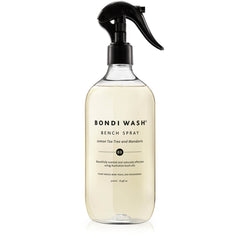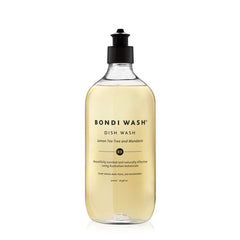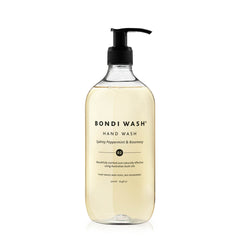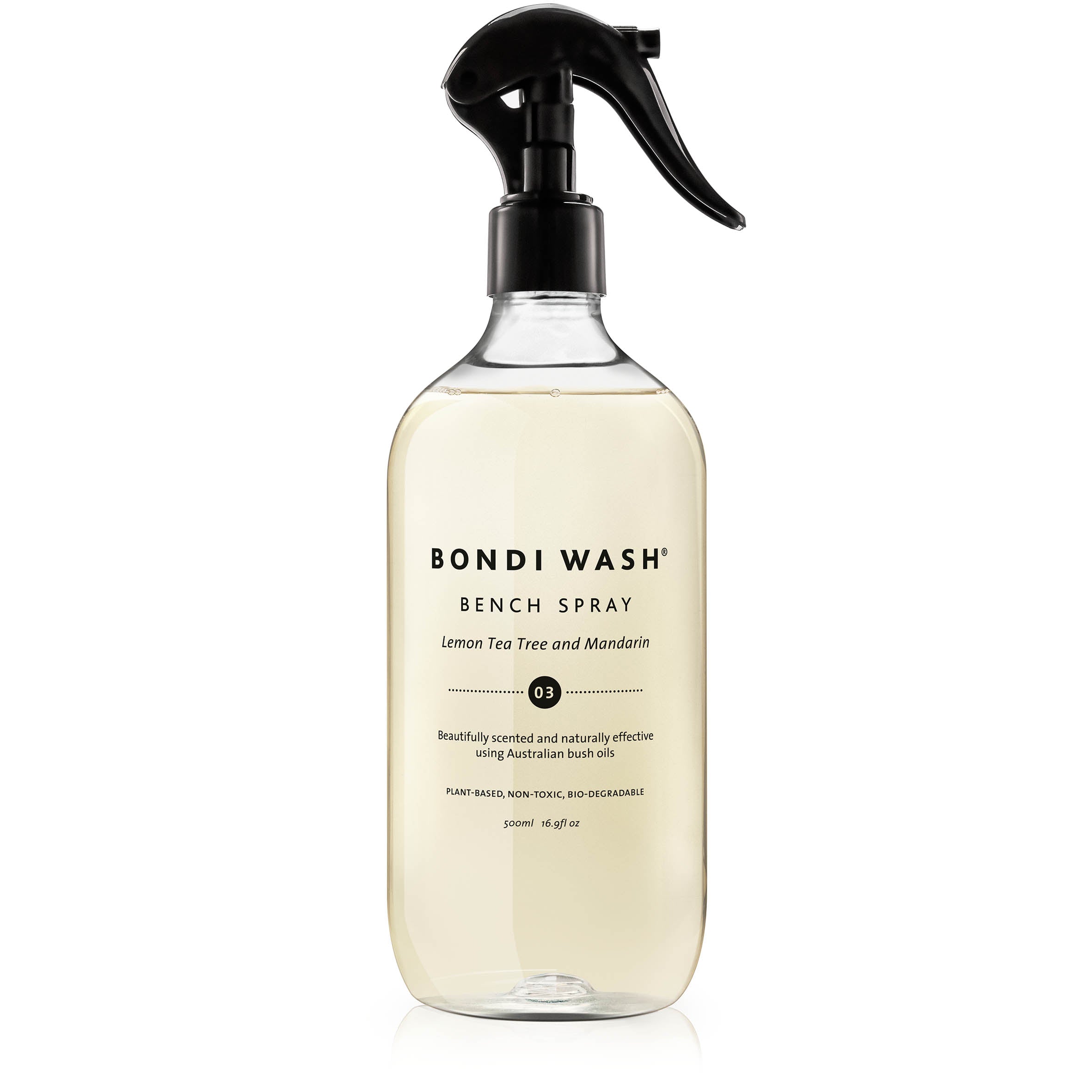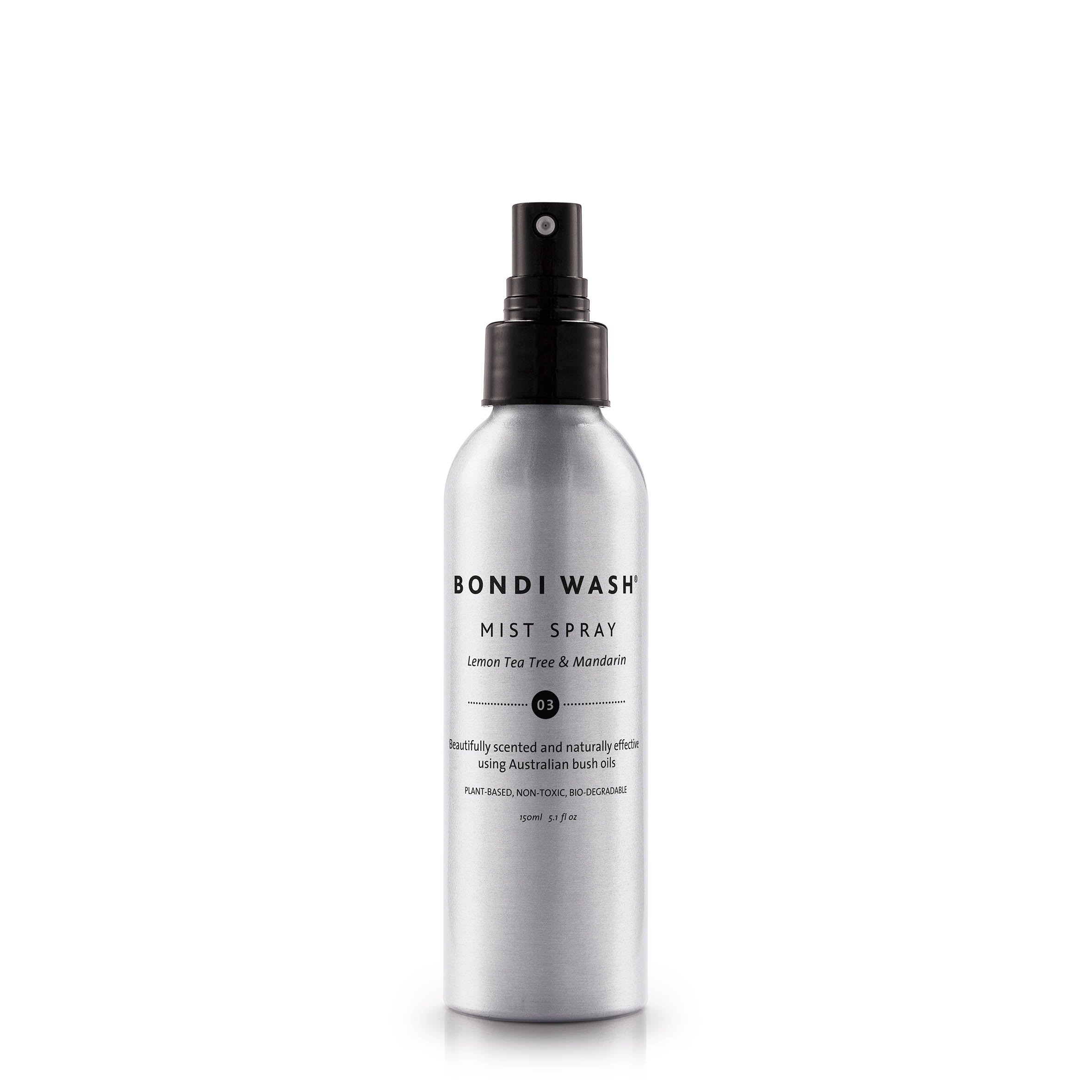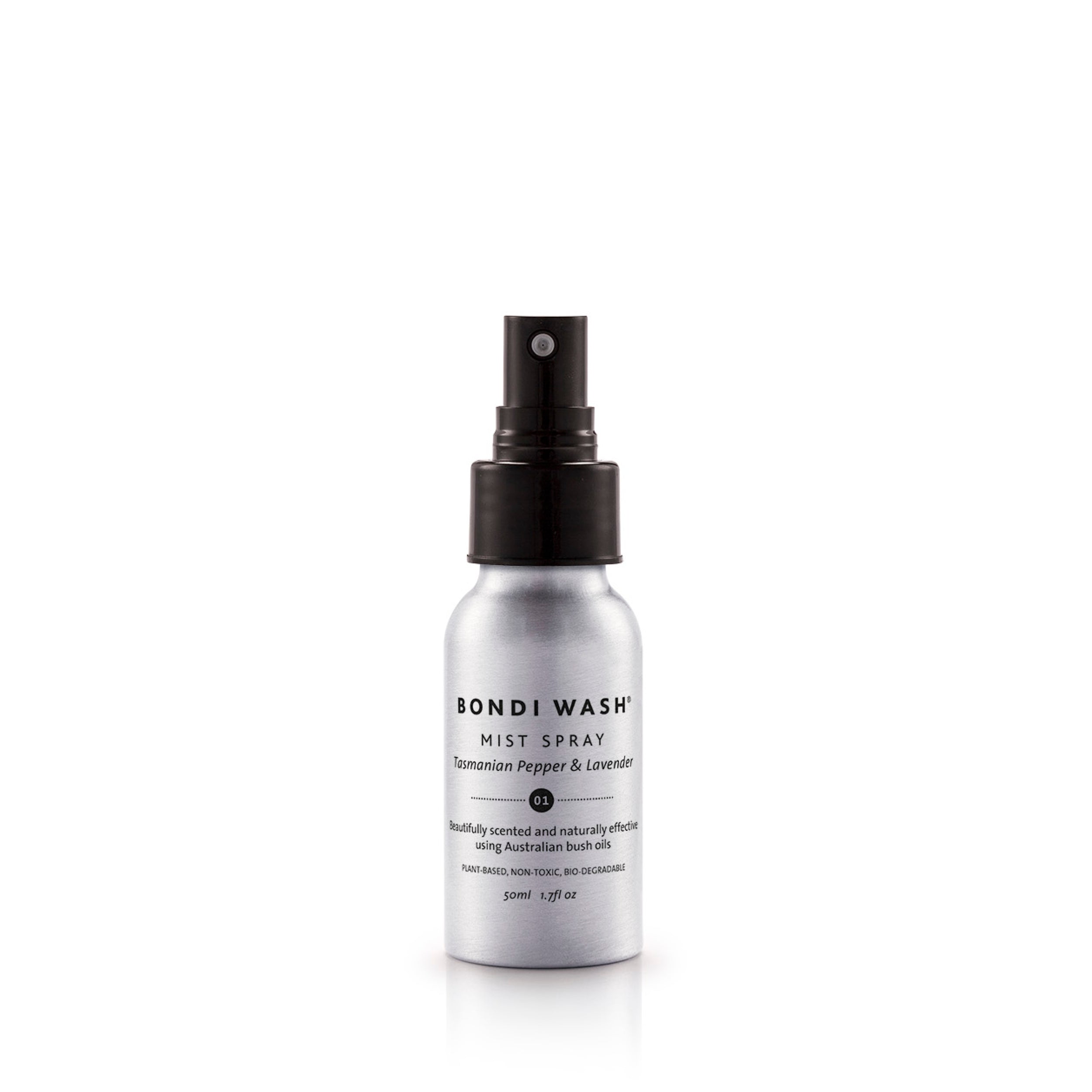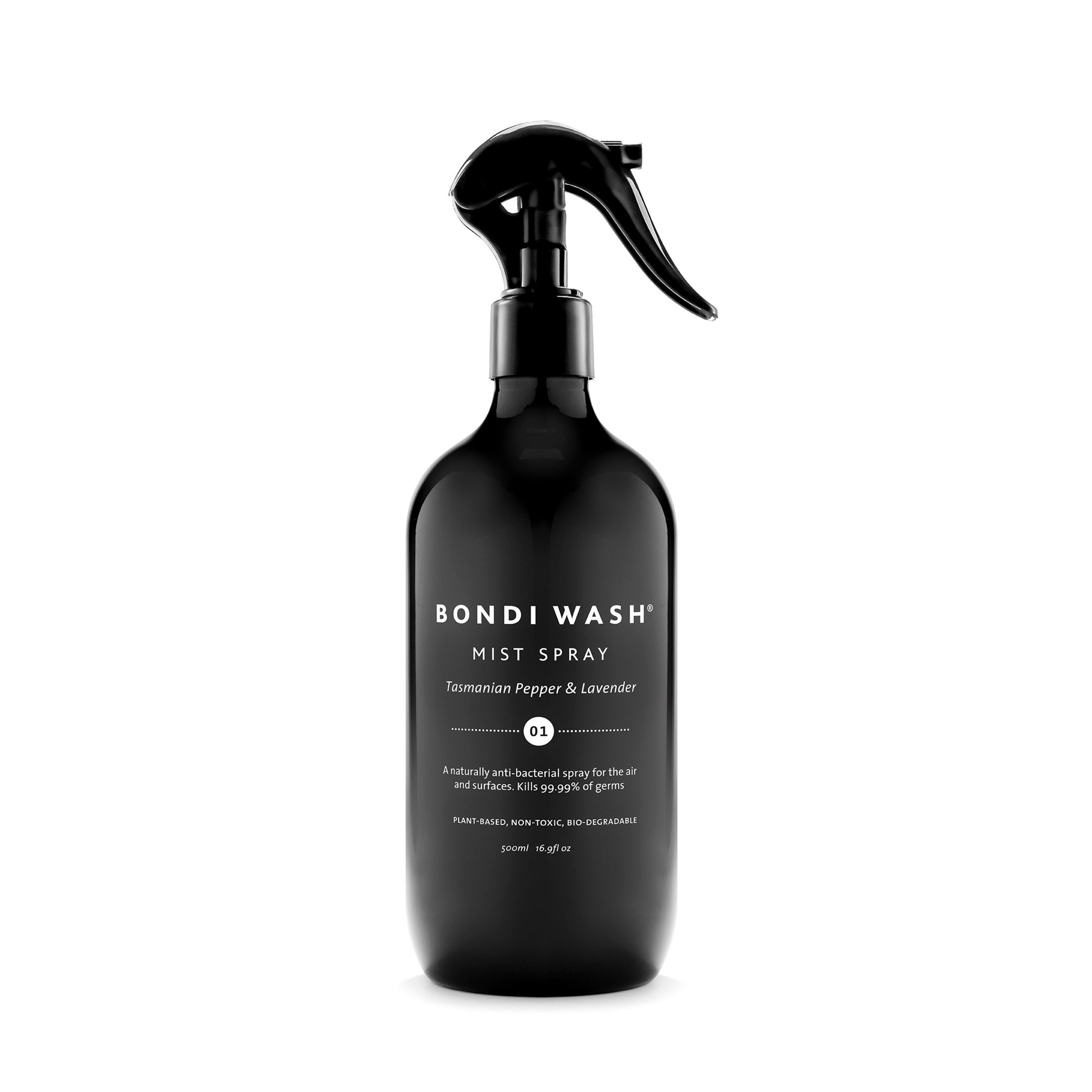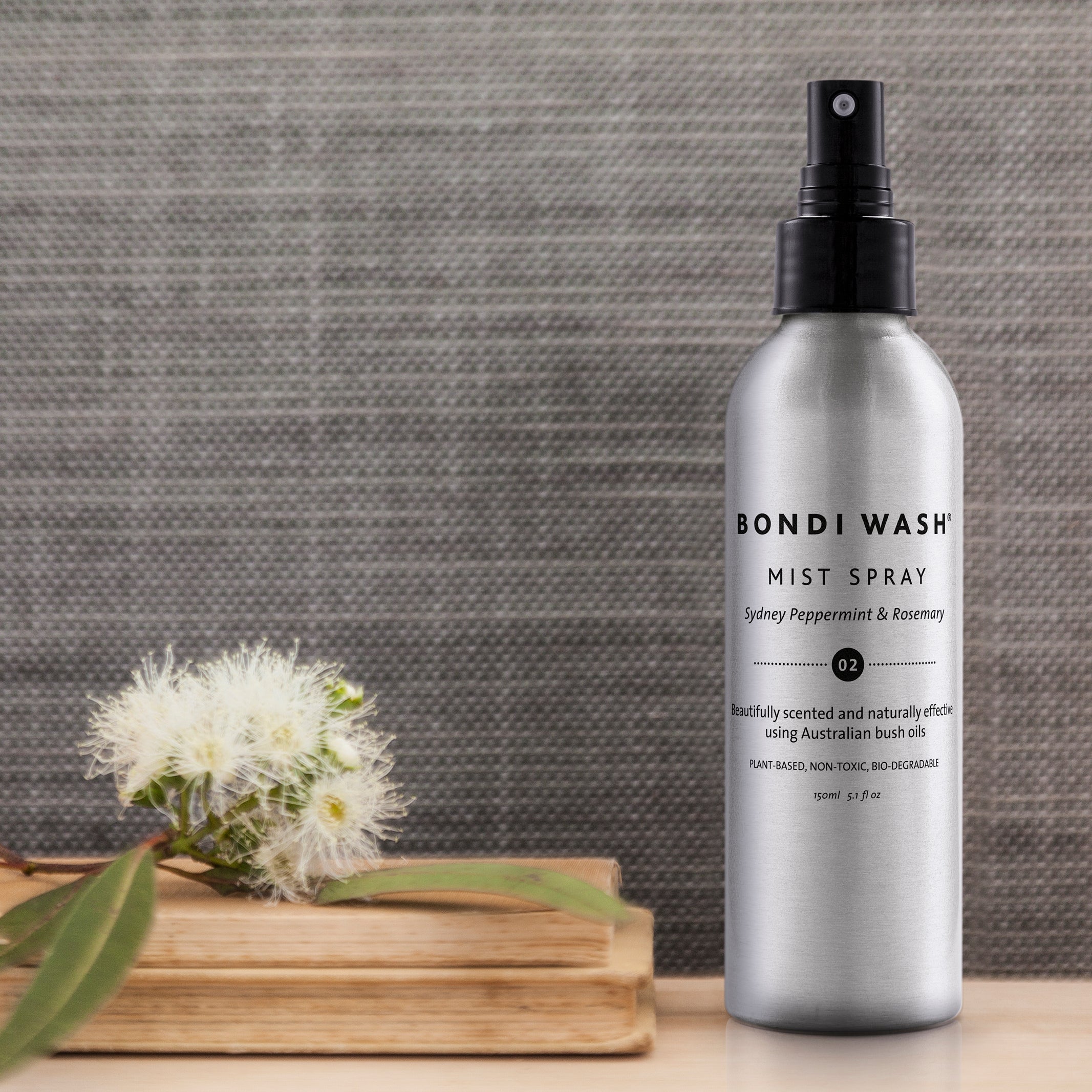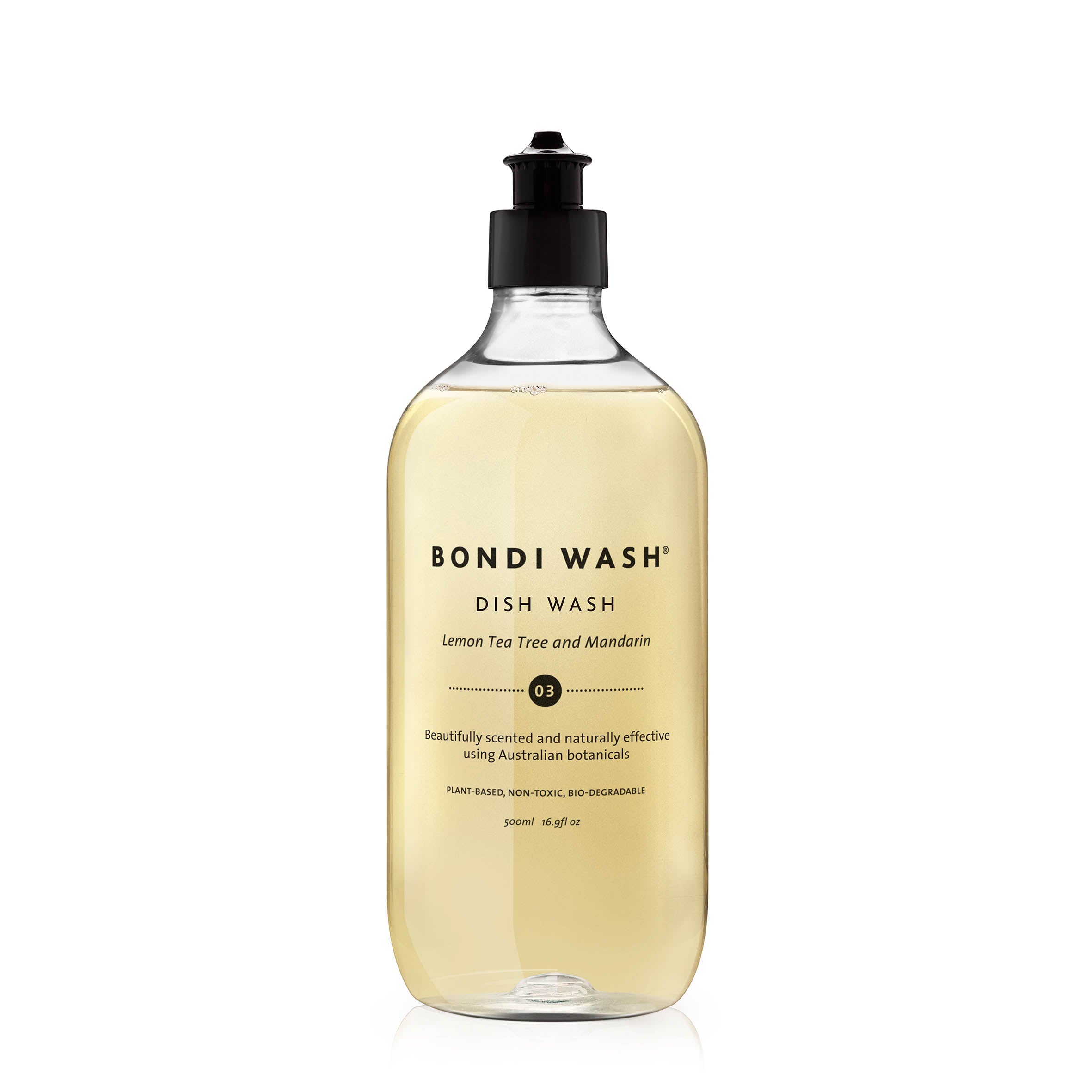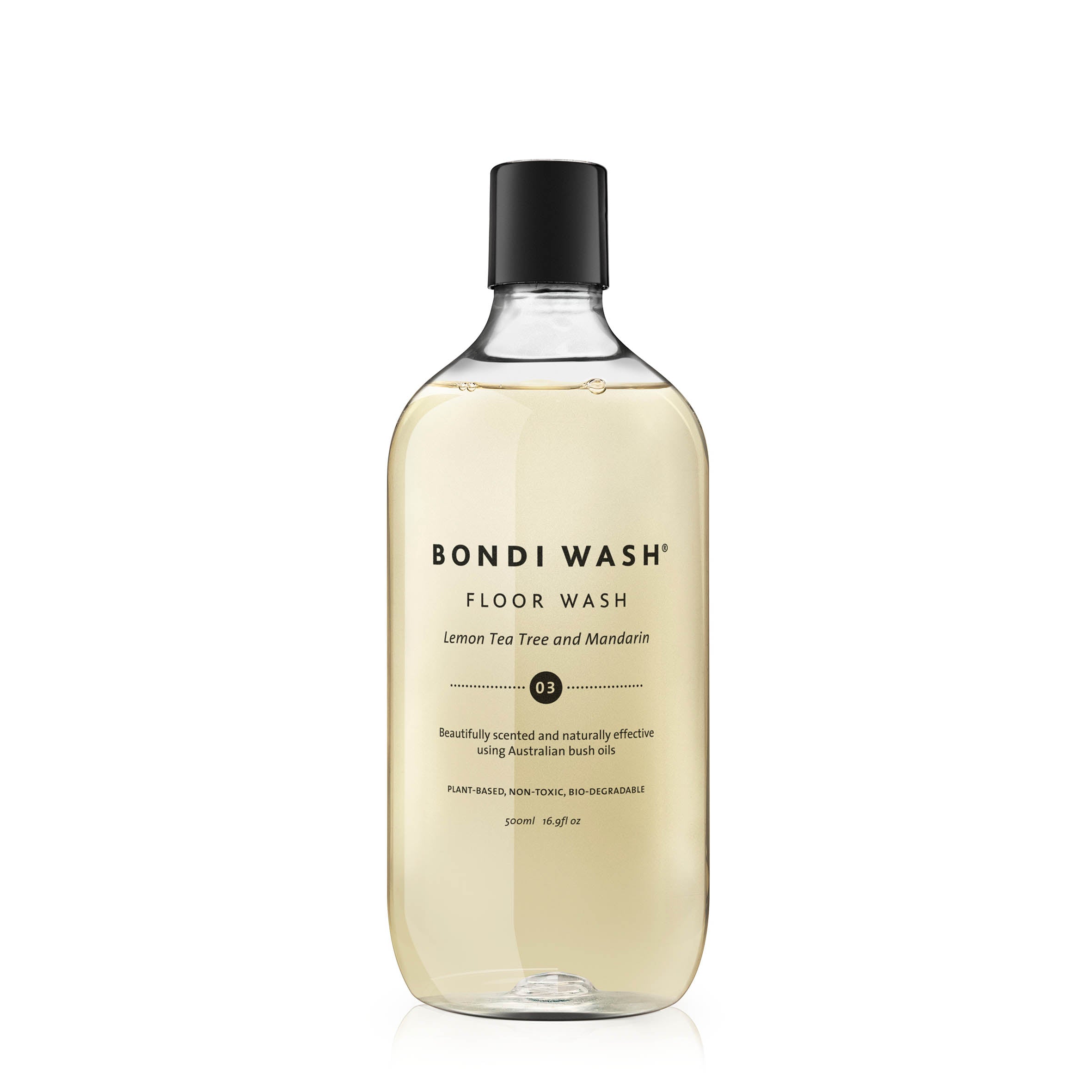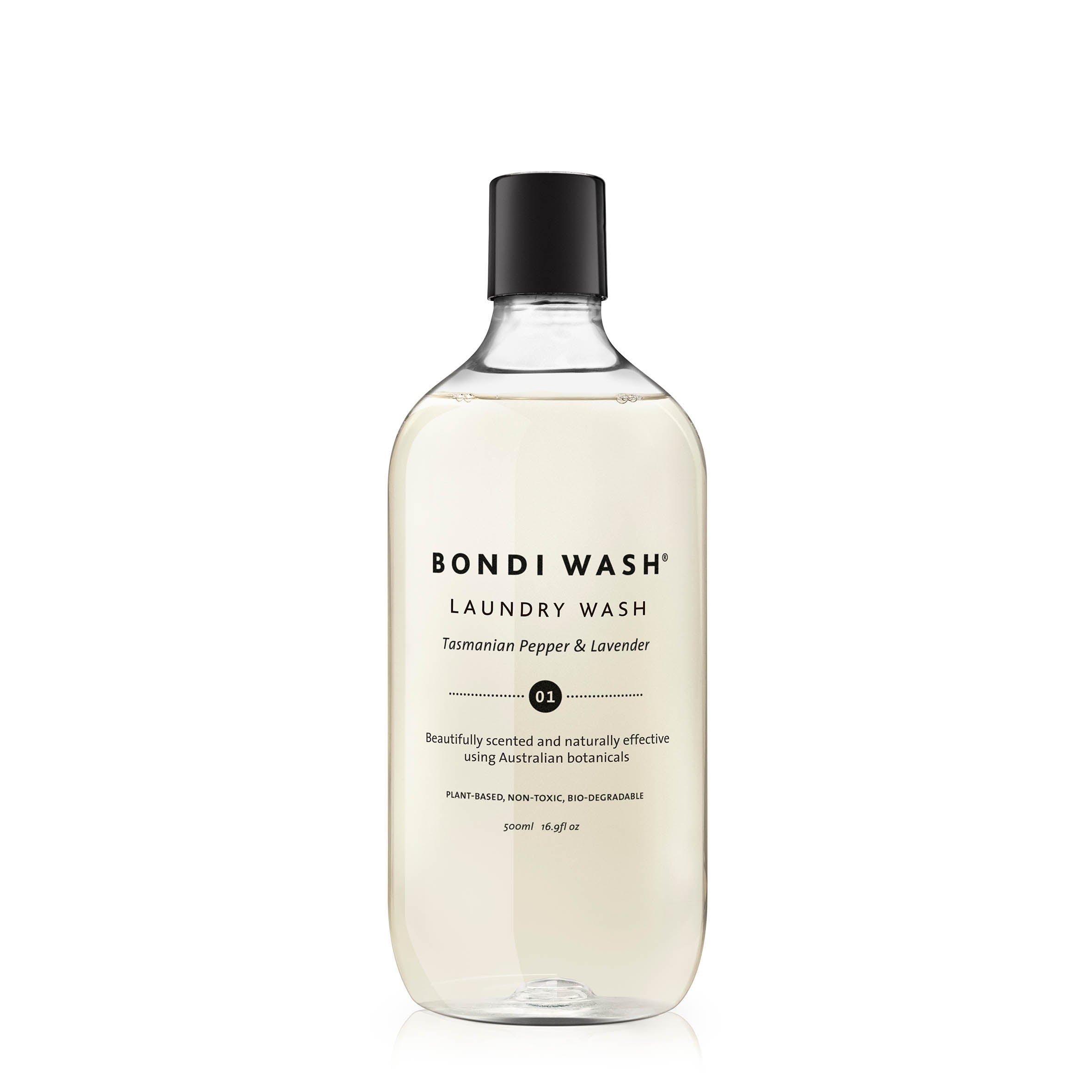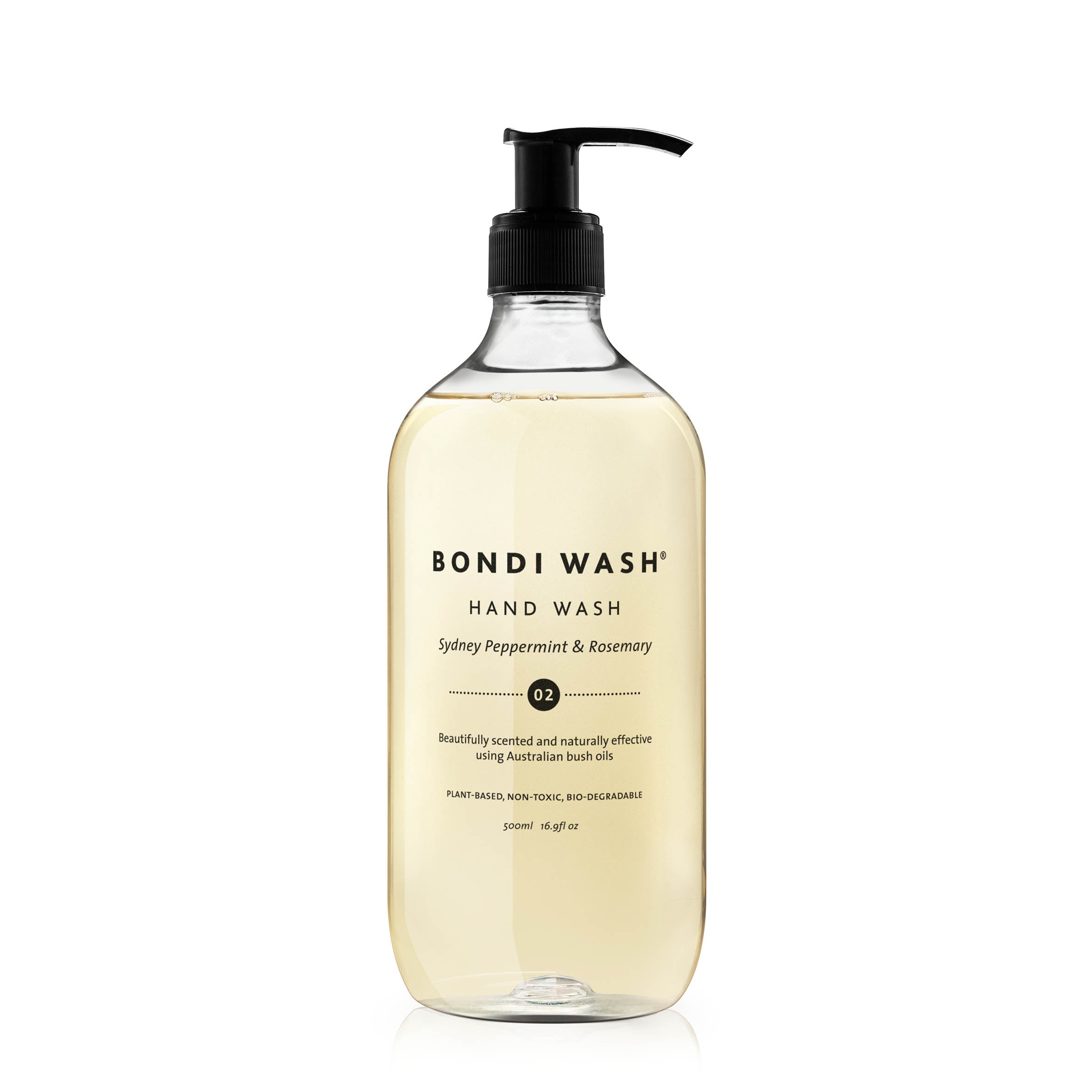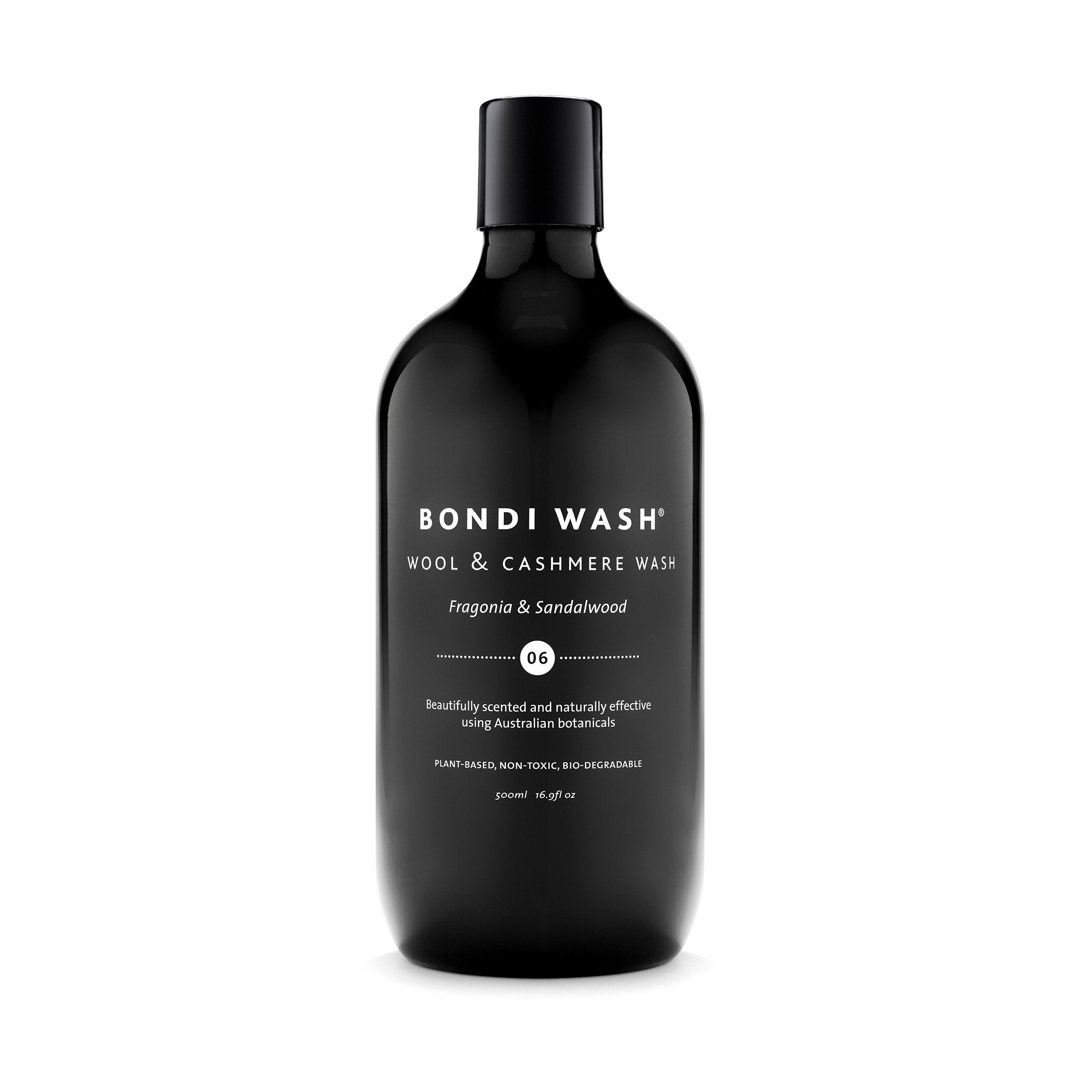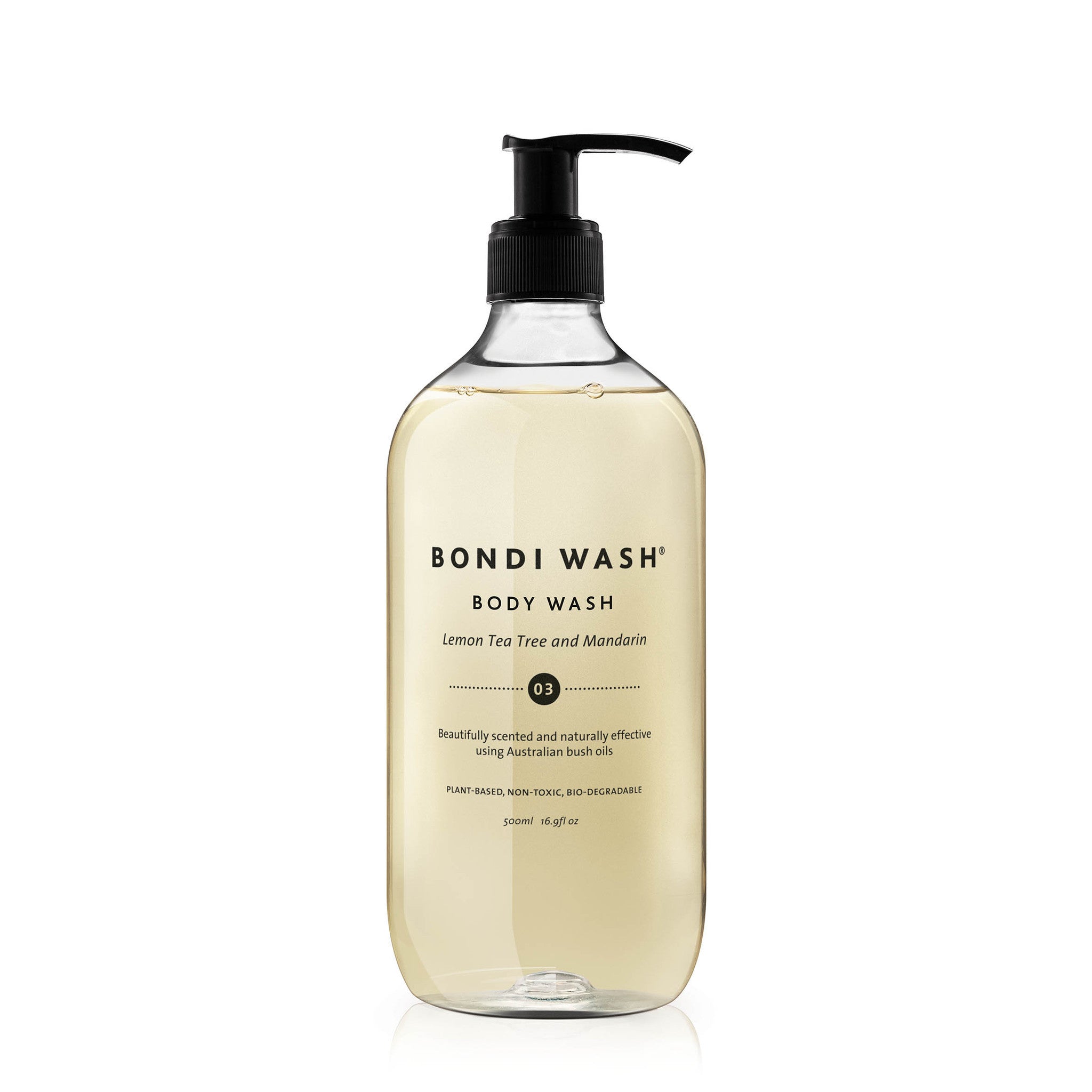Understanding product labels can feel overwhelming, but knowing what goes into your skincare and household essentials is key to making better choices. By learning to read labels with confidence, you can select products that are safe, effective, and truly natural.
Decoding Ingredient Lists
A good rule of thumb is to look for simple, plant-based ingredients that you recognize. The fewer synthetic additives, the better. Ingredients are listed in order of concentration, so the first few make up most of the formula. If the list is long and filled with complex chemical names, it may be best to look for an alternative.
Avoiding Greenwashing
Many products claim to be ‘natural’ or ‘organic,’ but these terms aren’t always regulated. Instead of relying on marketing claims, check the ingredient list and look for certifications from trusted organizations to ensure the product is truly plant-based and free from unnecessary chemicals.
Ingredients to Avoid & Why
When choosing natural products, be mindful of these commonly used ingredients and their potential effects:
-
Parabens – Widely used to extend shelf life, but these preservatives have been linked to hormone disruption and have been detected in human tissue.
-
Phthalates – Commonly found in synthetic fragrances, these chemicals have been associated with reproductive and developmental concerns.
-
Sodium Lauryl Sulphate (SLS) & Sodium Laureth Sulphate (SLES) – Strong foaming agents that can strip away natural oils, leaving skin and hair dry and irritated. SLES may also contain traces of 1,4-dioxane, a potential carcinogen.
-
Sodium Coco Sulphate – Sometimes presented as a gentler alternative, but still a sulphate that can be harsh on sensitive skin.
-
Cocamidopropyl Betaine (Coco-Betaine) – A surfactant derived from coconut oil but processed with synthetic chemicals, which can cause irritation or allergic reactions.
-
Phenoxyethanol – A common preservative that may cause skin sensitivity and has been linked to nervous system concerns in infants.
-
Methylchloroisothiazolinone & Methylisothiazolinone (MI) – Strong preservatives that are known to trigger skin reactions and are potential neurotoxins.
-
Synthetic Fragrance & Colours – Often made from undisclosed chemicals, synthetic fragrances can contain phthalates, which have been linked to hormone disruption.
-
DEA (Triethanolamine) & DEA (Diethanolamine) – Used to balance pH levels but can form harmful nitrosamines when mixed with certain preservatives.
-
PEG-150 – A thickening agent that may be contaminated with ethylene oxide and 1,4-dioxane, both of which have been linked to health concerns.
-
Triclosan – An antibacterial agent that can contribute to antibiotic resistance and has been linked to thyroid disruption.
-
Petroleum-Based Ingredients – Found in products like mineral oil and paraffin, these create a barrier on the skin that may trap toxins and prevent proper moisture balance.
Choosing Genuinely Natural Products
Instead of focusing on lengthy routines or overly complex formulas, choose products with nourishing, plant-based ingredients. Essential oils, botanical extracts, and natural preservatives can be just as effective without the risks of synthetic chemicals.
By understanding ingredient labels and avoiding unnecessary additives, you can confidently choose products that support both your well-being and the environment. A mindful approach to skincare and home essentials ensures that what you use every day is safe, effective, and truly natural.

